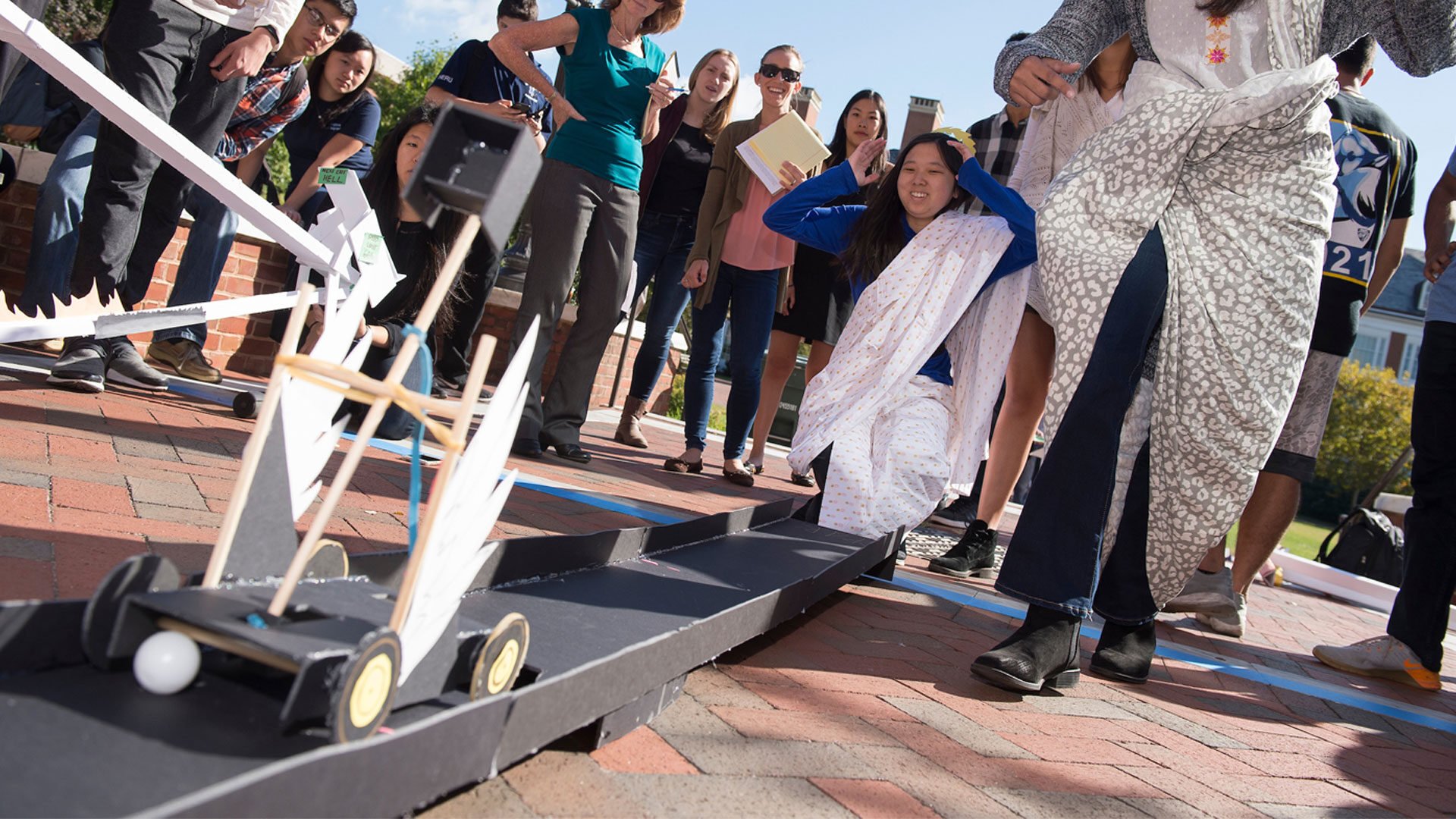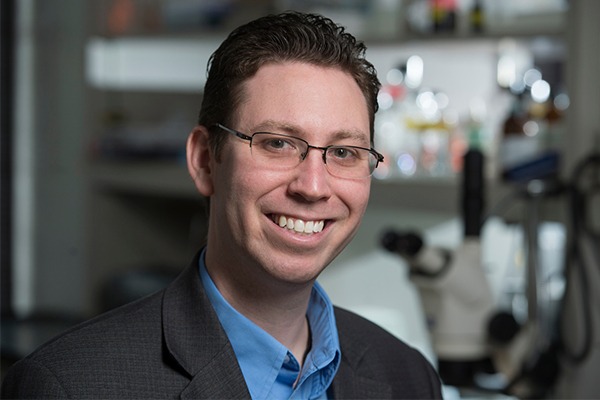The Installation of Jordan Green as the Herschel L. Seder Professor
Tuesday, April 9, 2024
Jordan Green
Professor of Biomedical Engineering
Johns Hopkins University
Tuesday, April 9
5 p.m.
Hodson Hall, Third Floor
Trustee Boardroom
Homewood Campus
Reception to follow
The event will be available via livestream for those unable to attend in person.
For questions or accessibility requests, contact: [email protected] or 410-516-8723.
About Jordan Green
Jordan J. Green is a professor of biomedical engineering, ophthalmology, oncology, neurosurgery, materials science and engineering, and chemical and biomolecular engineering. He currently serves as the vice chair for research and translation in the Department of Biomedical Engineering and previously served as the director of the undergraduate biomedical engineering program. He is the director of the Biomaterials and Drug Delivery Lab, the founding associate director of the Translational Tissue Engineering Center, and the founding associate director of the NCBIB Johns Hopkins Translational Immunoengineering Center. He is also an associate researcher in the Institute for NanoBioTechnology.
His research focuses on the design of biotechnologies for cellular engineering. Green and his lab design and synthesize new biomaterials and nanoparticle systems that can deliver biomolecules such as nucleic acids, peptides, proteins, sugars, and small molecules specifically to various cell types, including cancer cells, immune cells, and stem cells. His lab works to create innovative technologies and therapeutics that can directly benefit human health.
About the position
The Herschel L. Seder Professorship in Biomedical Engineering was established by the generosity of the late Herschel L. Seder, Engr ’39, through the Seder Family Foundation in 2001. Mr. Seder graduated from the School of Arts and Sciences in 1939 with a bachelor’s degree in economics. He played a pivotal role at the university, serving as a trustee for 20 years in addition to his participation on the advisory committees of the Whiting School of Engineering, the School of Advanced International Studies, and the Johns Hopkins Applied Physics Laboratory. Mr. Seder is often credited for playing a significant role in the university’s expansion into the field of biomedical engineering as well as for the School of Engineering’s separation as a distinct academic division in 1979.
Mr. Seder and the Seder family are long-time supporters of the university and the Whiting School, providing undergraduate scholarship support for Homewood students, and assistance in major capital projects throughout the years. We remain grateful to Mr. Seder and his legacy at Johns Hopkins.

